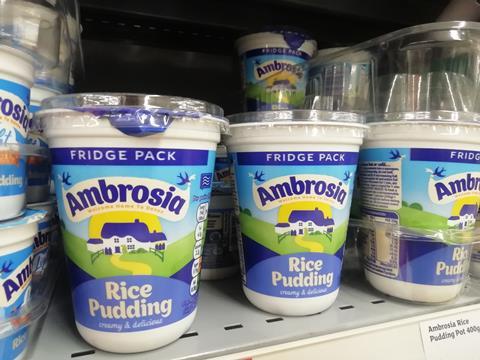
Premier Foods will be largely unaffected by the upcoming National Insurance hikes that are set to load supermarkets with hundreds of millions in extra costs, its chief executive has said.
Supermarkets are facing an average hit of 7.5% to their pre-tax profits because of the National Insurance changes, city analyst Peel Hunt said this week.
But speaking after Premier Foods’ half-year results on Thursday, CEO Alex Whitehouse said the impact on his company is minimal.
“We’re very different from a retailer. If you look at the number of employees retailers have compared to their revenue, we are in a very different place,” he said. “The impact for us is much less significant.”
Whitehouse said it had estimated the cost of the changes for its 4,000 employees and “it’s not a huge number”.
He added: “We’ll just put that in the context of our input costs, some of which will be up and some of which will be down.”
Sainsbury’s and M&S estimate the new National Insurance regime will cost them £140m and £120m respectively, with retailers now warning the chancellor that last month’s budget will stoke inflation and spark job losses.
In a draft letter to Rachel Reeves, the British Retail Consortium said “the sheer scale of new costs”, together with a raft of other regulation, will “create a cumulative burden that will make job losses inevitable, and higher prices a certainty”.
Food inflation has eased significantly in the last year with customers now shopping differently as a result, Whitehouse said.
For example, Premier Foods’ premium ranges, such as Mr. Kipling Signature and Ambrosia Deluxe, have more than doubled sales in the first half of the year.
Spice Tailor has also grown significantly as shoppers become more willing to pay more for the premium quality, Whitehouse added. “We’re seeing signs that people are prepared to pay a little bit more for higher quality products.”
Premier Foods has also looked to sharpen its promotional pricing, meaning “our pricing is on average lower than last year. That’s leading to some very, very strong volume growth.”
Whitehouse said shoppers are now switching to Premier Foods brands from own-label, leading to 12% branded volume growth in the six months to September.
However, this trend is also affecting the company’s own-label sales, which saw revenue fall 10% to £54m.
It was a strong first half for the company with headline revenue up 4.6% to £499m and branded sales up 6.8% to £445m.
Headline trading profits rose 5.5% to £70.2m and adjusted pre-tax profits were up 8.9% to £61m.
Analysts welcomed the results. “Now we are through the inflationary revenue spike, the underlying progress being made by Premier Foods is, in our view, much more clearly visible - and it is being delivered by each of the group’s strategic pillars,” said analysts at Jefferies.
Shore Capital said the company had been “positively transformed in recent years”, calling this an “extraordinarily good achievement”.







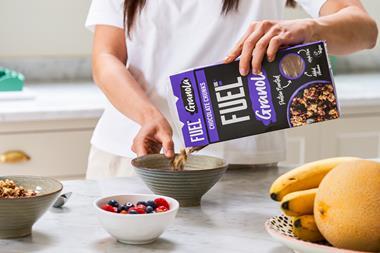
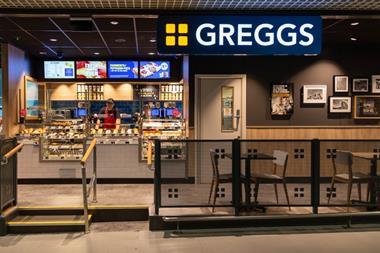
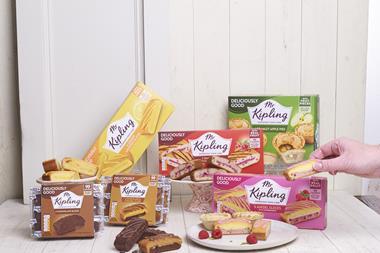
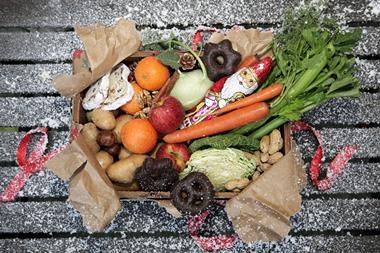
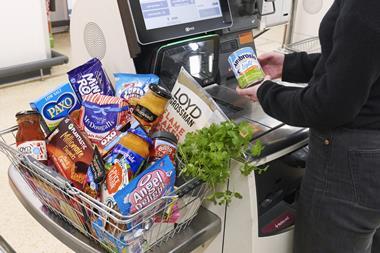
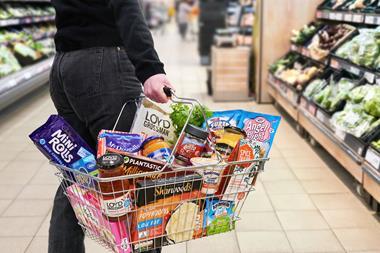






No comments yet